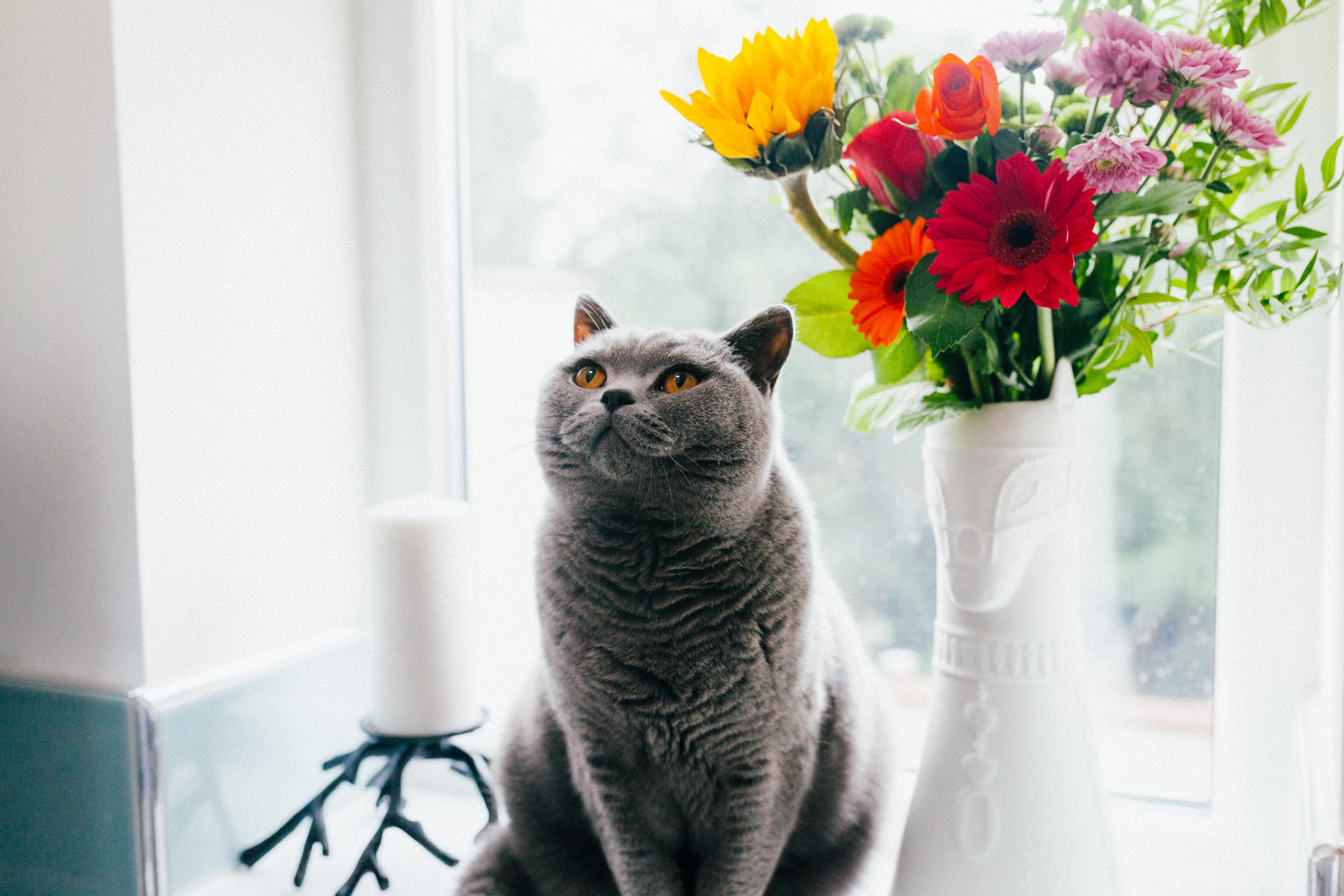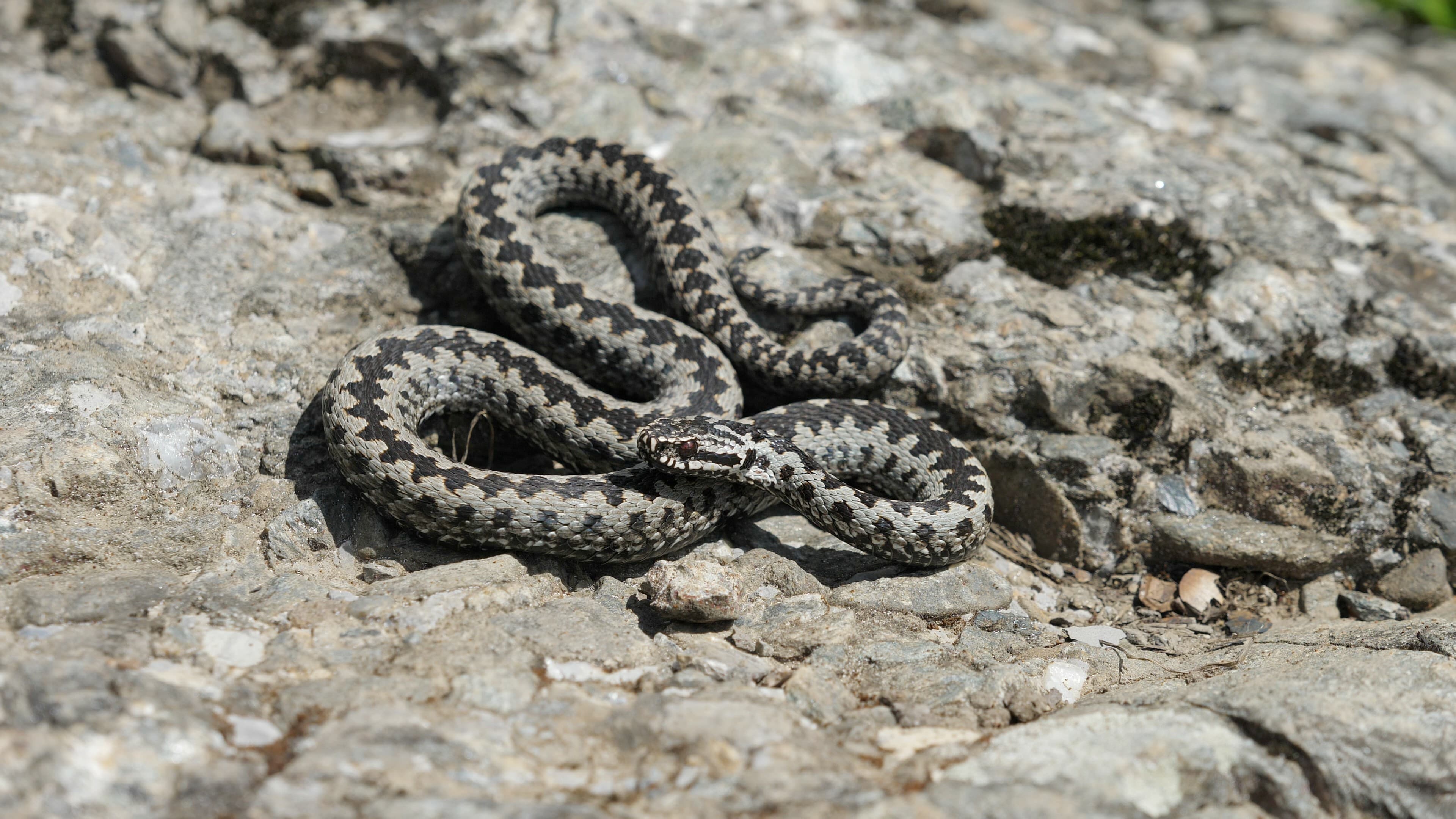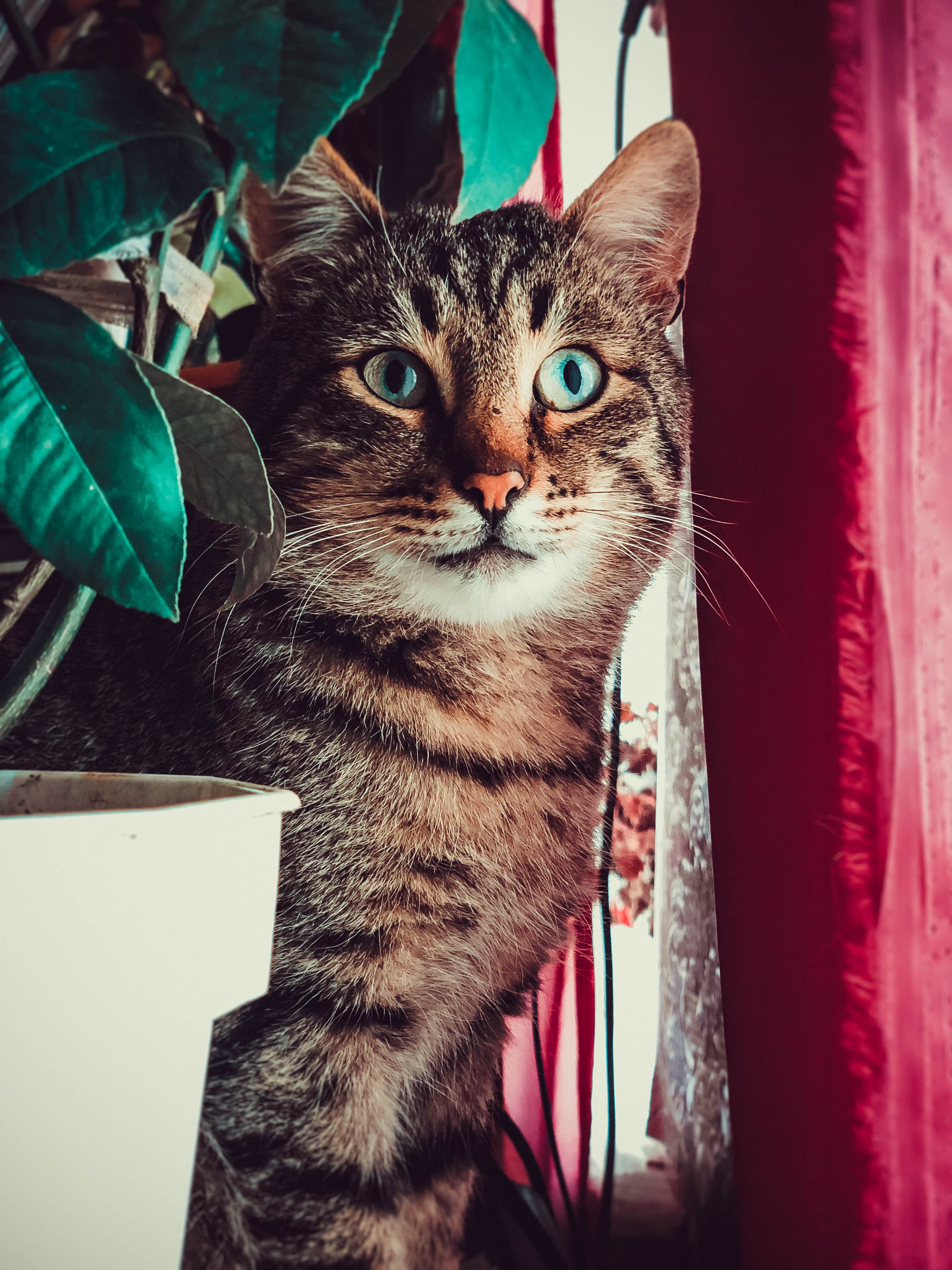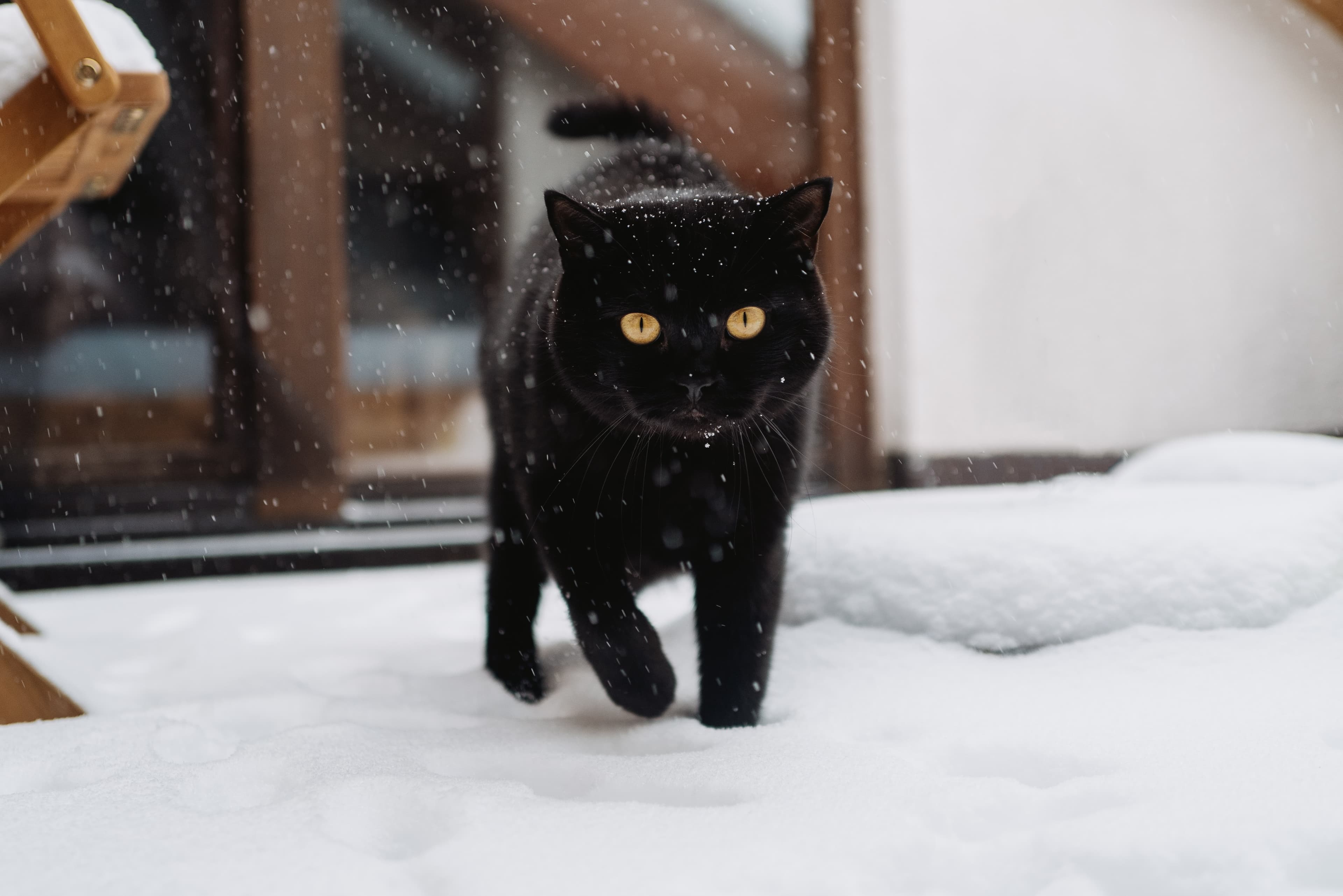Common houseplants that are poisonous to cats
Although cats are generally quite good at avoiding toxic substances, they can still ingest things that are dangerous. So, as a cat owner, it’s useful to know which plants and flowers in your home could be harmful or even life-threatening to your feline friend.
Poisoning
Some of the most common and popular houseplants can cause irritation in a cat’s mouth or on their skin, while others can lead to vomiting and diarrhoea. Some plants are so toxic they can cause life-threatening poisoning by damaging internal organs, such as the kidneys. In the worst-case scenario, this can be fatal. Often, just a small amount from a plant or flower is enough to poison your cat. While the toxin is mainly in the bulb, it can also be present in the leaves, pollen, and stamens. Your cat could even get sick just from drinking water from a pot containing a poisonous plant. This is why it's important to be aware of the plants you have at home.
Plants poisonous to cats
Dracaena species
Christmas rose
Cone palm
Lily of the valley
Lily of the valley
Lilies
Mistletoe
Oleander
Daffodils (especially the bulbs)
Angelica
Less toxic plants
Amaryllis
Anemon
Azalea
Iris
Plants with irritating sap
Begonia
Peace lily
Pothos
Dieffenbachia
Calla lily
What to do in case of poisoning
Unfortunately, symptoms of poisoning in cats are often subtle. It’s crucial to see a vet urgently if you suspect your cat has ingested something toxic. Signs of poisoning can include vomiting, diarrhoea, lethargy, excessive salivation, and convulsions. In severe cases, kidney damage can be so significant that the cat doesn't survive. Symptoms can appear 6–12 hours after ingestion, but sometimes sooner.
If your cat likes to chew on plants, consider keeping cat grass available. Cat grass is safe for cats to eat.
If you have a cat at home that likes to eat plants, you can make a habit of keeping catnip on display. This is because catnip is not dangerous for cats to eat.






